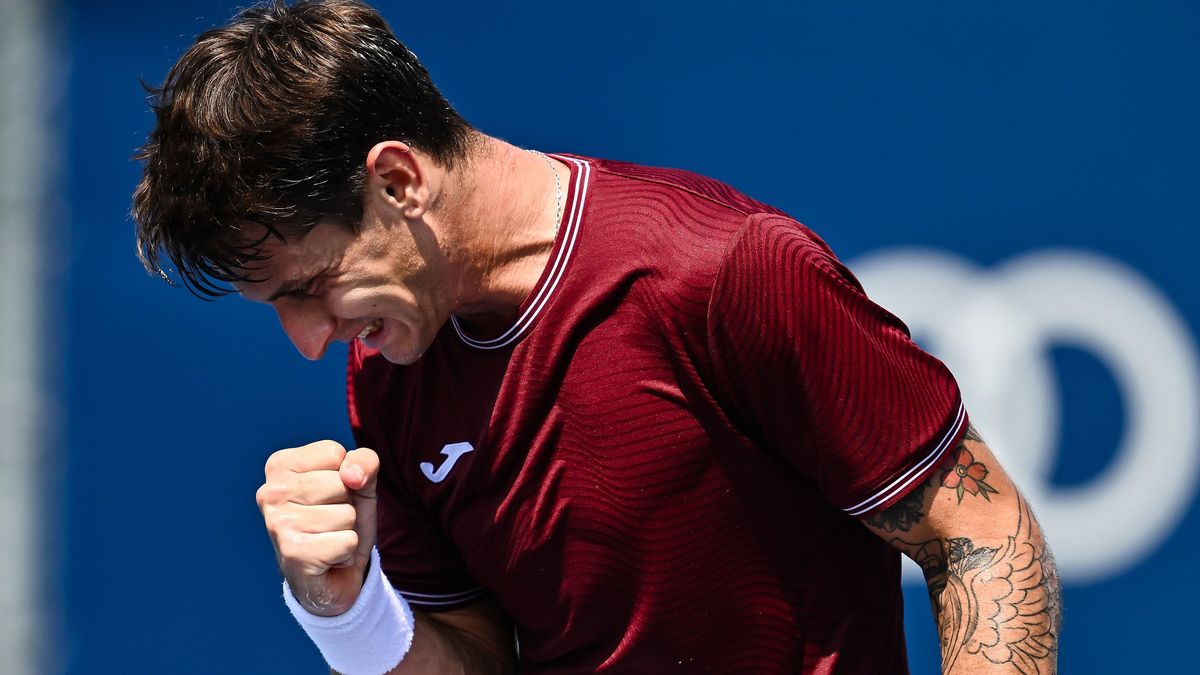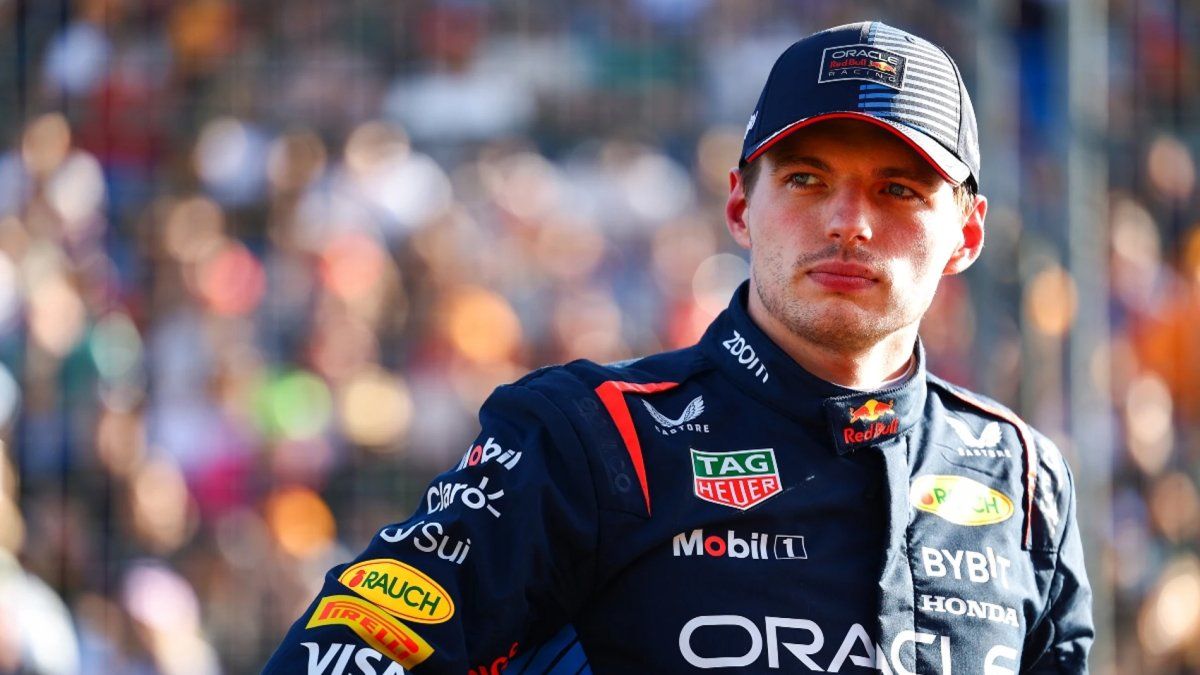Image: Antonio Bayer
Even if Babler polarizes, the Social Democrats make “policies for the working majority,” Lindner campaigned in the APA interview for a “central orientation” that the “Chancellor’s Party” needs. The federal party conference is scheduled to take place in Graz on November 11, and he is optimistic about the reform of the statutes.
Lindner had announced his preference for Hans Peter Doskozil shortly before the vote for the federal party chairmanship in June. After eight weeks at the head of the party, Babler said that he is currently fulfilling the expectations “that I have of every party leader in terms of dealing with one another”. Babler is entitled to “develop a political profile with polarizing statements (32-hour work week, 100 km/h on the freeways, note) at the beginning”. The federal party congress has “the opportunity to make decisions on the polarizing issues,” Linder also said. “Unlike others,” he said in reference to cross-shots from within my own ranks, “I’ve gotten used to not conducting these debates on the public stage, but in committees and in personal conversations.”
Search for “substantive sharpening”
In the most recent meeting of the federal party executive committee, November 11 was fixed for the party congress, according to Lindner. “As far as I know in Graz,” he added. Referring to Babler’s EU-critical video from 2020, he alluded to “in preparation for an EU election campaign” that it must be made clear that we are a “pro-European party”. But the “substantive foundation for the National Council election” would also have to be prepared there. Accordingly, “substantive refinements” are needed by then – but less so on the subject of migration policy. Just like Tyrol’s party leader, LH deputy Georg Dornauer, who doesn’t think much of Babler’s announced revision of the “Doskozil-Kaiser position paper” on flight, asylum, migration and integration, Lindner also said: “We have a clear line: integration before immigration.” The 2018 paper describes “all national and international challenges” and therefore “in my view no major changes are necessary”.
On the other hand, he sees a need for change in the democratization of the party and is therefore entirely in line with the federal party leader. He stands behind the planned reform of the statutes, which, among other things, should enable the members to elect the federal party leader. In Upper Austria there is already a direct election of the provincial party chairman. Lindner was elected – albeit the only candidate – to head the SPÖ Upper Austria in a ballot in autumn 2022. “I can only bring positive experiences from Upper Austria in the direction of opening up to the member party and a bit away from the official party,” he advises. His state manager Florian Koppler sits in the statute reform working group for the federal level.
The first of a total of four meetings leading up to the party congress took place on August 2nd. In it, the Viennese state party once again made it very clear that it did not believe in direct elections, Koppler said from the meeting. Nevertheless, like Lindner, he considers “compromises” to be “possible” by November 11th. For example, a member’s vote could only be held in the case of the new election – and not re-election – of the party chairmanship, Koppler called a variant of thinking.
Optimistic view of National Council election
Lindner was “even braver” when it came to reforming the statutes. He would also “take the coalition decision into it”. He also sees this as “a means of pressure for potential coalition partners to say that I must and want to explain this to my members and officials and let them vote on it.” As conceivable coalitions, he not only names red, green and pink like the federal party leader. He also does not want to exclude the ÖVP if they “get their act together and move away from strange normality debates and constitutional issues (regarding cash, note)”. He learned “in politics that it’s always better to reach out, talk together and find broad, sustainable solutions. Accordingly, I think you have to approach coalition talks openly and not rule out too much from the start, albeit which for me does not apply to the FPÖ”, he excludes red-blue.
With a view to the National Council elections in 2024, the head of state was optimistic. He claimed that the SPÖ was the “Chancellor’s Party”. He is concerned with making politics for “the working majority”. For this “90 percent” the Social Democrats would have to make a broad offer, “that’s what I mean by centered orientation”. At the same time, he also wanted to bring “the perspective of the rural region, which has so far been underrepresented in social democracy,” to the federal party. This voice should be strengthened with the “federal states’ alliance for a new coexistence” presented in Linz in April, he explains the “substantive cooperation with the young party leaders” in Lower Austria, Salzburg and Tyrol. But it is also about sharing experiences. Lower Austria and Salzburg now have “a black-blue state government, like we have in Upper Austria since 2015,” he noted.
Source: Nachrichten




